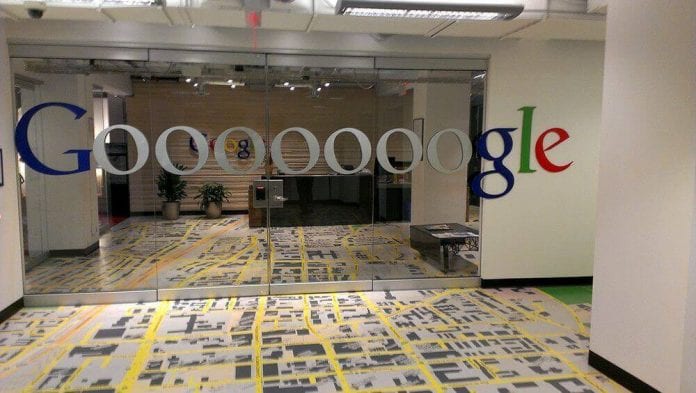New reports indicate that Google is working on a new operating system. I am not talking about Android 8; neither is the new project related to Chrome OS in the Chromebooks. On the code-sharing website GitHub, a new page surfaced hinting that a new operating system is in the works. For now, the only thing we are sure of is that it is called Fuchsia.
Surprisingly, Fuchsia is not related to Android, the world’s most popular mobile OS. Also, Fuchsia is not based on the Linux Kernel. So what is Fuchsia?
The truth is that the GitHub page hardly has anything to hint what Fuchsia is all about. The page just states “Pink + Purple == Fuchsia (a new operating system).
Up to now, Google has not made any official announcement regarding Fuchsia. Probably, Fuchsia is an open source project in its early days and is not worth announcing at the moment. Brian Swetland, a Google employee, on an IRC chat log on Hacker News, said that “We made a decision to make it open source. And that’s the beginning.” Another employee assured that eventually Google would make an official announcement and document the project, Fuchsia. Google was not as kind as to comment on the issue.
Of course, other than what is in the GitHub Page, we do not anything else about Fuchsia. But this is not to say there are no speculations about what it may be.
The Linux Kernel powers Google hardware. Maybe Fuchsia is the replacement, considering the Linux Kernel is not always ideal in all situations. Linux Kernel is especially not suitable for powering embedded devices such as GPS units and car dashboards. The Linux Kernel is a full-blown desktop kernel, meaning it causes performance issues when used on embedded devices. Of course, there exist operating systems designed for embedded hardware. Fuchsia could be Google’s entry into the sea of such operating systems. This speculation is on Android Police, one of the first sites to report Fuchsia.
It is quite clear on the Github page that Fuchsia is not exclusive to the Internet of Things. The ‘magenta” kernel on the OS’s documentation will work on a broad range of devices like computers mobile phones and “embedded” hardware.
On Hacker News, some users are of the idea that the OS will run augmented reality devices. The current GUI’s in the market are not the best match for 3D environments that we can walk around inside. There is also no RTOS suitable for predicting latency. Maybe, Fuchsia is the next Android for the next generation of devices, observes one user on Hacker News.
Another speculation on PC World suggests that Fuchsia could unite the Chrome OS and Android. Fuchsia could power Android and Chrome OS instead of Linux, suggest Nick Mediati of PC World.
Fuchsia could be the next big thing from Google, after Android. Also, there is a possibility it may never mature into a viable product for commercial launch. Either way, it is something worth observing.









